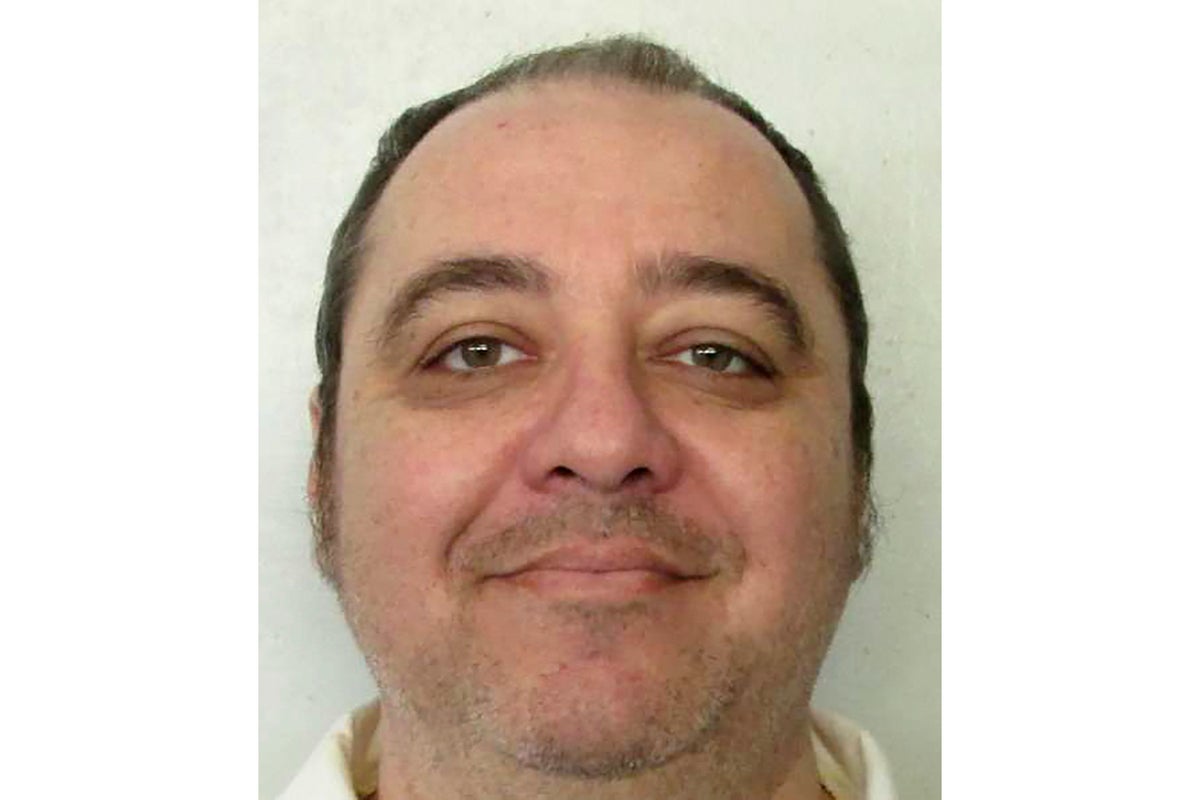
A federal judge’s decision to allow the execution of an Alabama death row prisoner by nitrogen gas, the first of its kind anywhere in the world, has been condemned by advocacy groups.
Lawyers for Kenneth Eugene Smith say that the execution, which is now set to take place between 25 January and 26 January, violates his constitutional rights.
Smith, 58, was convicted of capital murder in 1996 over the slaying of 45-year-old Elizabeth Sennett in 1988. He was part of a two-person team that orchestrated the murder of the pastor’s wife. Prosecutors say he was paid $1,000 to commit the crime.
The jury voted 11 to 1 in favour of Smith serving life in prison without parole, but the judge who oversaw the case handed him the death penalty. Alabama has since removed the power of judges to override a jury’s verdict.
Smith has been sitting on death row for three decades. In 2022, officials attempted to execute him through lethal injection but the attempt was botched after those administering the drugs could not place intravenous lines into his system.
It was the third consecutive execution that failed because officials could not place the lines into prisoners.
Earlier this month, the United Nations expressed concern over the decision to execute Smith using the untested method.
“We are concerned that nitrogen hypoxia would result in a painful and humiliating death,” the UN said, adding that the execution style could violate the 8th Amendment, which protects a person from cruel and unusual punishment.
Mississippi and Oklahoma have also authorised nitrogen hypoxia for executions.
“There are so many unanswered questions about this protocol and I think there are real concerns that Smith will suffer a cruel and painful death, while possibly endangering others in the execution chamber,” Robin Maher, executive director of the Death Penalty Information Center, said in a statement.
In an appeal filed in November, Smith’s attorneys argued that the method “can cause severe and permanent injuries short of death, including a persistent vegetative state, stroke, or the painful sensation of suffocation.”
However, US District Judge R Austin Huffaker, denied the appeal in a ruling on Wednesday, while writing that Smith was not “guaranteed a painless death.” Smith’s attorneys plan to appeal the decision, meaning it could wind up before the US Supreme Court.
The Equal Justice Initiative, an organisation that works to end mass incarceration, condemned the judge’s ruling, stating that it was unprecedented for the state would subject someone to a second execution attempt.
“Alabama’s plan is grotesque and unnecessary human experimentation that offends any just society’s sense of decency and humane punishment,” the group said in a statement.
“Alabama is threatening more than the loss of life in its plan to Kenny Smith, it is also threatening any semblance of credibility and integrity for its legal system.”







